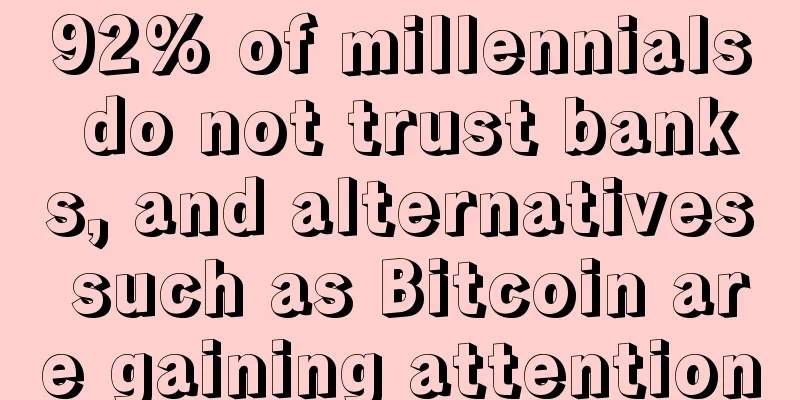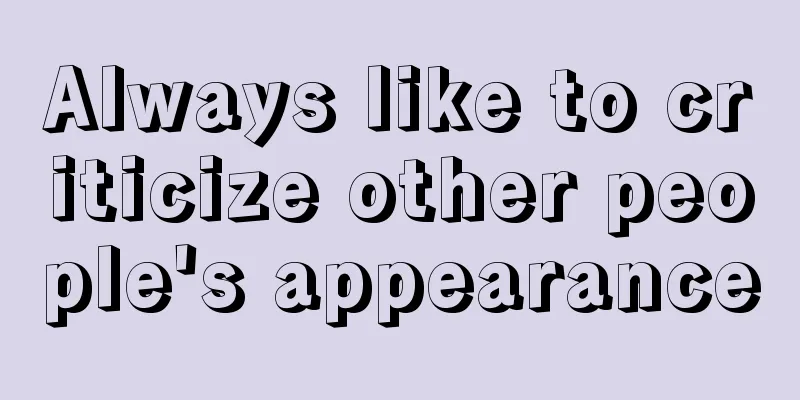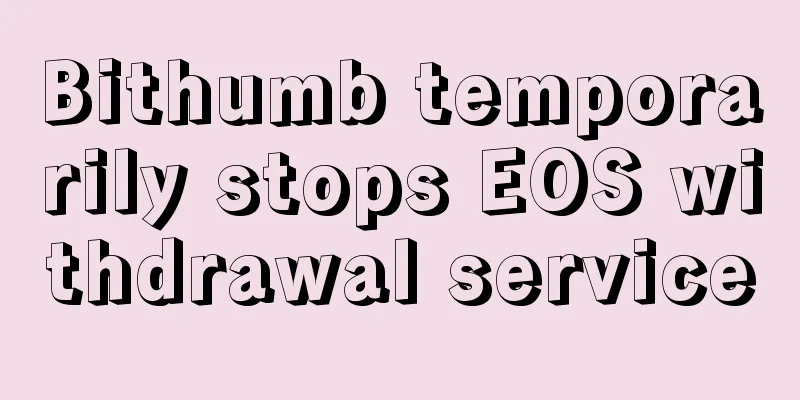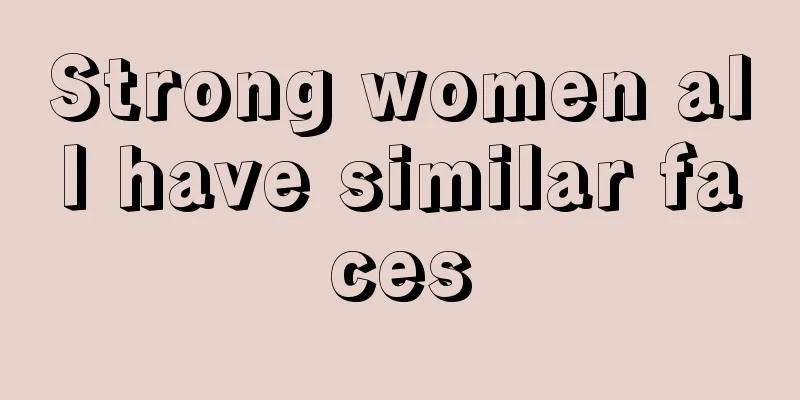92% of millennials do not trust banks, and alternatives such as Bitcoin are gaining attention

|
Earlier this year, researchers (scientists and analysts) at Facebook IQ released a white paper titled “Millennials + Money: An Initial Journey of Discovery” that assessed the trust and perception of today’s young people towards the traditional banking and financial system. The study found that 92% of millennials strongly expressed that they do not trust banks. The general population, including millennials, has gradually become aware of the manipulation, monopoly and control of user funds by banks and financial institutions. In the past, cash quickly became a store of value as banks and financial institutions began to abolish the use of paper money and implemented strict controls on the outflow of cash. Banks don’t understand millennialsResearch shows that the majority (68%) of millennials believe banks don’t understand their needs. Outdated banking and financial systems are inefficient and not adapted for modern applications. In addition, the Facebook IQ team also revealed that more than 45% of millennials will look for alternative solutions to banks (provided that the alternatives can increase functionality, flexibility and efficiency). The research team stated:
Cost of storing cashIn Asia, Europe and the United States, many central banks and commercial banks have implemented negative interest rate policies, forcing their consumers and customers to pay for saving money. Facebook IQ found that the majority of millennials around the world are turning to non-bank alternatives, with an increasing number of users preferring to use FinTech services, which have proven to be more efficient, secure and transparent. The paper mentioned:
Facebook has a very handy platform when it comes to isolating data and analyzing information. Using its database and user data, the Facebook IQ team studied working-age millennials in the U.S. aged 21 to 34, as well as affluent millennials with annual incomes of more than $75,000, to compare their views on money and banks with those of the boomer generation (aged 35 to 65). In general, millennials and the general population today prefer digital payment methods. However, according to Facebook IQ research, 30% of millennials still do not understand the benefits of credit or debit cards, and more than 57% of millennials rely on cash as their daily payment method for both long-term and short-term purposes. What's more, 46% of millennials view using credit cards as a way to help them build credit, and say they don't necessarily use credit cards for comfort and efficiency. Bitcoin as a solutionBitcoin payment solutions are by far the most practical and viable alternative for millennials and students around the world, offering high liquidity, a stable global exchange rate, and most importantly, financial freedom that prevents excessive control by authorities and central banks. Once half of millennials migrate to more innovative and practical systems (such as Bitcoin and other non-bank digital currencies), the rest will follow. Therefore, the increased awareness among young people about their right to control their property will eventually lead millions of users to turn to Bitcoin or other possible cryptocurrencies. |
<<: Building a blockchain system in space?
Recommend
Is there a saying that women have the fate of a phoenix or a nobleman? What are the facial features?
It is said that women have the fate of a phoenix ...
Doubts about the additional issuance of Bitcoin: Will the total limit of 21 million be revised and the halving be stopped?
Author | Qin Xiaofeng On the evening of February ...
What is ASICBoost?
Preface ASICBoost can be said to be a good V-wash...
Is it good for a man to have a mole behind his earlobe? How to analyze personality and fortune through moles
If a man has a mole behind his earlobe, many peop...
Mining Survival Apocalypse: Mining Revenue Exceeds ETH Ten Times, But It’s a Disaster for Novice Users
ChainDD (WeChat ID: ChainDD) exclusively reported...
Is it good for a man to have a mole on his hand?
Everyone has some moles on their body. Moles on t...
Is it good for boys to have triangular eyes?
There are many types of eye shapes, such as peach...
What kind of face makes women more likely to attract peach blossoms?
What kind of face makes women more likely to attr...
Visa plans to provide cryptocurrency services to traditional Brazilian banks
According to BlockBeats, on September 7, Bitcoin ...
Analysis of the facial features of women with sharp lips
As one of the traditional physiognomy techniques, ...
Men with these palm lines are the most infatuated and you won't regret marrying them
One or two love lines The emotional clues on the ...
What is the Jupiter Hill in Palmistry?
In our palms, there are the Mount of Jupiter, the...
What does a mole on a man’s tear trough mean? Is it good to have a mole in the tear trough?
Moles can be divided into broad and narrow meaning...
What is the fortune of a woman with a birthmark on her thigh?
In mole physiognomy, birthmarks are a type of mol...
Philtrum and fortune
The philtrum is closely related to the human body...









